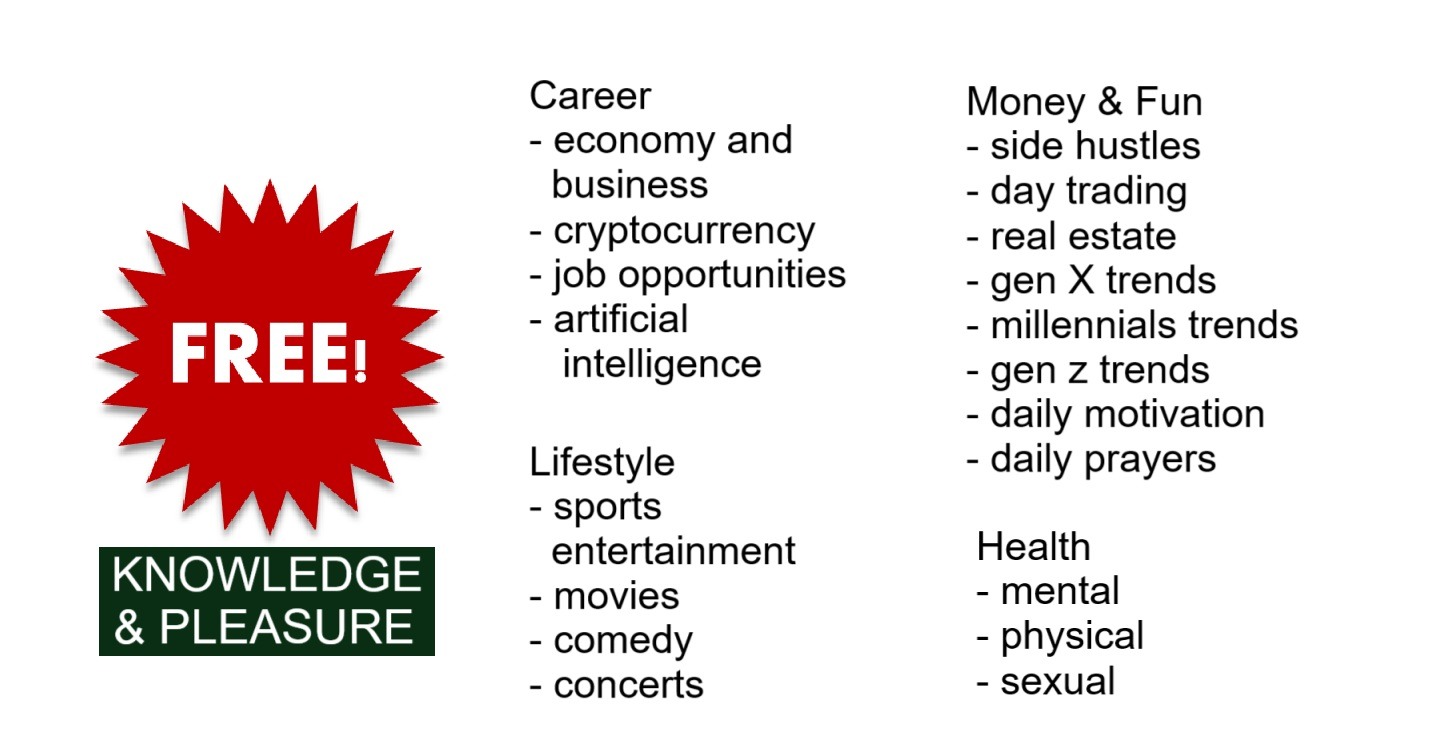Last Updated on May 6, 2025 by Royce Pierpont
Introduction to Bunge
Bunge Limited is a global agribusiness and food company, operating in an integrated manner across the farm-to-consumer food chain. Founded in 1818 in Amsterdam, Bunge has grown to become a significant player in the global agricultural landscape. The company operates in various segments, including agribusiness, edible oil products, milling products, and sugar and bioenergy. Its core activities involve the sourcing, processing, and supplying of oilseeds and grains, as well as the production of edible oils, milling products like wheat and corn, and sugar and bioenergy products. Bunge’s extensive global network includes processing plants, grain elevators, and port facilities, enabling it to efficiently connect producers and consumers worldwide.
SWOT Analysis
A SWOT analysis is a strategic planning tool used to evaluate the Strengths, Weaknesses, Opportunities, and Threats involved in a project or business venture. It involves specifying the objective of the business venture or project and identifying the internal and external factors that are favorable and unfavorable to achieving that objective. Here’s a comprehensive SWOT analysis for Bunge:
I. Strengths
- Global Presence and Extensive Network:
- Details: Bunge boasts a well-established global presence with operations spanning across key agricultural regions in North and South America, Europe, and Asia. This extensive network includes processing plants, storage facilities, grain elevators, and port terminals.
- Implication: This broad geographic footprint allows Bunge to access diverse sources of raw materials, mitigate regional risks (such as weather-related crop failures), and efficiently serve customers in various markets. The scale of their operations provides a competitive advantage in terms of logistics and supply chain management.
- Benefit: Enhanced supply chain resilience, access to diverse markets, and optimized logistics.
- Diversified Product Portfolio:
- Details: Bunge’s operations are diversified across multiple segments within the agribusiness and food industries. These include:
- Agribusiness: Origination, processing, and merchandising of oilseeds and grains.
- Edible Oil Products: Production and distribution of vegetable oils, shortenings, and margarines for food manufacturers, foodservice companies, and consumers.
- Milling Products: Production of wheat flour, corn flour, and other milled products for the baking and food processing industries.
- Sugar and Bioenergy: (Depending on the specific period, this may have been divested/restructured) Production of sugar and ethanol in certain regions.
- Implication: Diversification reduces Bunge’s reliance on any single commodity or market segment, providing a buffer against price volatility and demand fluctuations.
- Benefit: Reduced risk exposure, more stable revenue streams, and ability to capitalize on different market trends.
- Details: Bunge’s operations are diversified across multiple segments within the agribusiness and food industries. These include:
- Strong Market Position in Key Commodities:
- Details: Bunge holds significant market share in the origination, processing, and export of key agricultural commodities such as soybeans, corn, wheat, and vegetable oils.
- Implication: This strong market position provides Bunge with considerable influence over pricing, supply chains, and industry trends. It also enhances their ability to negotiate favorable terms with suppliers and customers.
- Benefit: Pricing power, influence over industry standards, and strong relationships with key stakeholders.
- Integrated Value Chain:
- Details: Bunge operates an integrated value chain, encompassing sourcing, processing, transportation, and distribution. This allows for greater control over quality, costs, and efficiency.
- Implication: Vertical integration enables Bunge to capture more value at each stage of the production process, reduce transaction costs, and improve supply chain coordination.
- Benefit: Improved efficiency, cost control, enhanced quality management, and increased profitability.
- Focus on Sustainability:
- Details: Bunge has increasingly emphasized sustainable agricultural practices, responsible sourcing, and environmental stewardship.
- Implication: This focus on sustainability enhances Bunge’s reputation, appeals to environmentally conscious consumers and investors, and helps mitigate potential environmental risks.
- Benefit: Enhanced brand image, access to sustainable financing, and reduced environmental impact.
II. Weaknesses
- Exposure to Commodity Price Volatility:
- Details: Bunge’s profitability is significantly affected by fluctuations in commodity prices, which can be highly unpredictable due to factors such as weather patterns, global demand, and geopolitical events.
- Implication: Price volatility can lead to reduced margins, inventory losses, and difficulty in forecasting earnings.
- Mitigation: While hedging strategies are employed, they cannot completely eliminate this risk.
- Dependence on Agricultural Conditions:
- Details: Bunge’s operations are heavily reliant on agricultural production, which is susceptible to weather-related risks such as droughts, floods, and extreme temperatures.
- Implication: Adverse weather conditions can result in reduced crop yields, supply shortages, and increased raw material costs.
- Mitigation: Diversification of sourcing geographies can help mitigate this risk, but it cannot eliminate it entirely.
- Environmental and Social Concerns:
- Details: Agribusiness operations can have significant environmental and social impacts, including deforestation, water pollution, and labor issues. Bunge faces scrutiny regarding its environmental and social practices.
- Implication: Negative publicity and regulatory actions related to environmental and social concerns can damage Bunge’s reputation and lead to financial penalties.
- Mitigation: Investing in sustainable practices, transparency, and stakeholder engagement is crucial to address these concerns.
- Geopolitical Risks:
- Details: Bunge operates in a global environment and therefore is exposed to geopolitical risks such as trade disputes, political instability, and regulatory changes.
- Implication: These risks can disrupt supply chains, increase trade barriers, and create uncertainty in key markets.
- Mitigation: Diversifying market presence and closely monitoring geopolitical developments are essential to manage these risks.
- Complexity of Operations:
- Details: The complexity of Bunge’s global operations and diverse product portfolio can make it challenging to manage effectively.
- Implication: Complex operations can lead to inefficiencies, communication breakdowns, and difficulties in implementing strategic initiatives.
- Mitigation: Streamlining processes, investing in technology, and fostering a culture of collaboration are important to address this weakness.
III. Opportunities
- Growing Global Demand for Food and Feed:
- Details: The global population is increasing, leading to rising demand for food and animal feed.
- Implication: This provides Bunge with significant growth opportunities to expand its production and distribution capabilities.
- Action: Investing in expanding processing capacity, improving supply chain efficiency, and developing new products can capitalize on this trend.
- Expansion in Emerging Markets:
- Details: Emerging markets such as Asia and Africa are experiencing rapid economic growth and increasing demand for agricultural commodities and processed foods.
- Implication: Expanding into these markets can provide Bunge with new sources of revenue and growth.
- Action: Establishing operations in key emerging markets, developing products tailored to local tastes, and building strong relationships with local partners are crucial.
- Increasing Demand for Sustainable and Plant-Based Products:
- Details: Consumers are increasingly seeking sustainable and plant-based food options.
- Implication: Bunge can capitalize on this trend by investing in sustainable sourcing practices, developing plant-based products, and promoting its sustainability initiatives.
- Action: Developing new product lines, partnering with sustainable suppliers, and communicating Bunge’s sustainability efforts to consumers are essential.
- Technological Advancements in Agriculture:
- Details: Technological advancements such as precision agriculture, biotechnology, and data analytics are transforming the agricultural industry.
- Implication: Bunge can leverage these technologies to improve efficiency, reduce costs, and enhance sustainability.
- Action: Investing in research and development, adopting new technologies, and partnering with technology providers can drive innovation and improve competitiveness.
- Strategic Acquisitions and Partnerships:
- Details: Opportunities exist for Bunge to expand its operations and capabilities through strategic acquisitions and partnerships.
- Implication: Acquisitions can provide access to new markets, technologies, and product lines, while partnerships can leverage complementary strengths.
- Action: Identifying and pursuing strategic acquisitions and partnerships that align with Bunge’s strategic objectives can drive growth and create value.
IV. Threats
- Intense Competition:
- Details: The agribusiness industry is highly competitive, with numerous global and regional players vying for market share.
- Implication: Intense competition can put pressure on margins and make it challenging to differentiate products and services.
- Mitigation: Focusing on innovation, efficiency, and customer service is crucial to maintain a competitive edge.
- Changing Consumer Preferences:
- Details: Consumer preferences are constantly evolving, with increasing demand for healthier, more sustainable, and ethically sourced products.
- Implication: Failure to adapt to changing consumer preferences can lead to declining sales and market share.
- Mitigation: Monitoring consumer trends, investing in research and development, and adapting product offerings are essential.
- Regulatory Changes:
- Details: The agribusiness industry is subject to extensive regulations related to food safety, environmental protection, and trade.
- Implication: Changes in regulations can increase compliance costs, restrict operations, and create uncertainty.
- Mitigation: Staying informed about regulatory developments, engaging with policymakers, and implementing robust compliance programs are crucial.
- Trade Disputes and Protectionism:
- Details: Trade disputes and protectionist policies can disrupt global agricultural markets and create barriers to trade.
- Implication: These factors can reduce demand for Bunge’s products, increase costs, and create uncertainty in key markets.
- Mitigation: Diversifying market presence and closely monitoring trade policy developments are essential to manage these risks.
- Climate Change:
- Details: Climate change poses a significant threat to agricultural production, with increasing frequency of extreme weather events and changes in growing seasons.
- Implication: Climate change can disrupt supply chains, reduce crop yields, and increase raw material costs.
- Mitigation: Investing in climate-resilient agricultural practices, promoting sustainable sourcing, and reducing greenhouse gas emissions are crucial.
Conclusion
Bunge operates in a dynamic and challenging environment. While the company possesses significant strengths, such as its global presence and diversified product portfolio, it also faces weaknesses related to commodity price volatility and environmental concerns. To succeed, Bunge must capitalize on opportunities such as growing global demand for food and technological advancements while mitigating threats such as intense competition and climate change. By addressing its weaknesses and leveraging its strengths, Bunge can enhance its competitive position and achieve sustainable growth in the global agribusiness industry.
This SWOT analysis provides a comprehensive overview of Bunge’s strategic position and can be utilized by marketers, market researchers, industry analysts, academics, job seekers, and businesses to gain a deeper understanding of the company and its operating environment.








